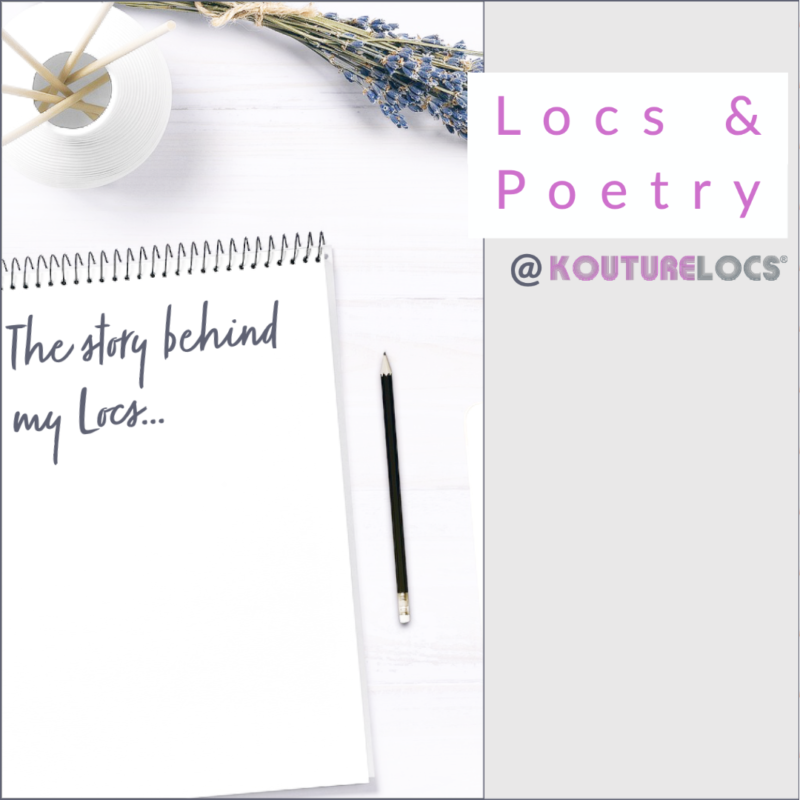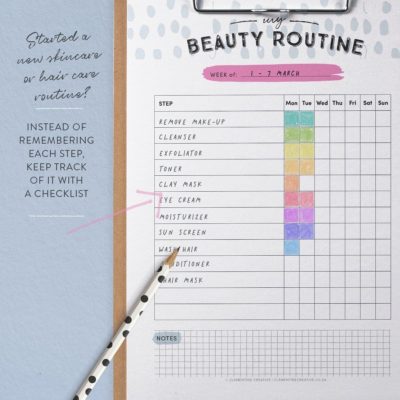
They say “poetry is food for the soul” might not know who “they” are, but they did not miss words, and “they” are smart. An article described poetry as a “lyrical feast for the senses,” a feast that nourishes the soul.
Poetry as opposed to facts and stories, which are rigid, is fluid. Poetry utilizes this fluidity and it is able to conform to a person’s mind. Like water, it can take the shape of its container. Unrestricted by its weight, poetry offers certain ease of expression, one that many other forms of art do not. As much as a poet tries to pass a message, the interpretation and comprehension of that message is left to a reader’s mind.
What is poetry?
Therefore, what exactly is this poetry, why does the meaning sound so poetic in itself. Poetry as a literary work in which the expression of feelings and ideas is given intensity by the use of distinctive style and rhythm. It is using style and rhythm to express an idea or a feeling.
Types of poetry?
Considering the fluidity of poems. It, therefore, is no surprise, why there are so many types of poetry. They include:
- acrostic – uses the letters of a name for lines (woman)
- ballad – poetic narrative verse
- elegy – poem expressing grief or sadness
- epic – long, narrative poem
- epitaph – a short poem for griefing or death, typically on gravestones
- limerick – comedic, 5-line poem with AABBA rhyme scheme
- lyric – short, emotionally powerful poem
- narrative – a poem that tells a story
- ode – a poem that celebrates, praises, or glorifies
- Shakespearean sonnet – specific sonnet using three quatrains and a couplet
- sonnet – contains 14 lines, typically with two rhyming stanzas known as a rhyming couplet at the end
- tanka – 31 syllable poem
These are only a few of the many poetry types. Depending on your mood, choice, or message there are a whole lot more, which you can learn about from Masterclass.
Examples of Poems
- “Still I rise” by Maya Angelou
- “Phenomenal woman” by Maya Angelou
- “A black woman’s hair” by Charles Kellom
- “This is your time” by Tanya Markul
- “Tell your daughters” by Nikita Gill
Poetry and Hair

How does poetry relate to my hair? You might be wondering. Poetry is a means of expressing one’s feelings or emotions, there is no doubt that at one point or the other you have felt some way either good or bad about your hair. Putting all of these into literature (writing), using rhythms and style is poetry in the making.
How to write poems about your hair.
Frankly, there are no laid down rules for writing poems. It is an expression of your thought and feelings. Although there are rules to some types of poems, rules like how many lines per paragraph, whether it should rhyme or not, how many words should fit in. All of these might sound a tad bit complicated for a beginner poet because once you start writing poems you become a poet.
It is because of this that we recommend the acrostic type of poem, this type of poem gives enough freedom to express yourself without having to bother about a format or your choice of words.
How to start and keep a hair journal.

A journal is a book whether physical or not physical, where records of events are kept for different reasons, to track progress in a journey, to enshrine memories, etc. there are a whole lot of reasons why people keep journals. Keeping a written track of your progress helps to encourage you on days when you might not feel up to it yourself. Therefore, you would not be surprised when we say there is what is known as a hair journal.
A hair journal is a journal used to keep records of events relating to your hair, events like washdays, hair care routine, the day you started your natural hair journey, your dreadlocks journey and so many other things. Here are some tips on how to keep a hair journal or you can even apply it to any journal.
- Identify your hair goals
- Determine how often you want to add entries to the journal
- Record events clearly and concisely. Keep it short and simple.
- In the early days of your journaling, you can set reminders to help you remember to input your entries.
- This is optional, but you could give yourself a penalty for not recording an event.
List of poets who have written poems about hair

- Maya Angelou
- James Whitcomb Riley
- Risha Ahmed
- Charles Baudelaire
- Carl Sandburg
List of poems about locs.

- “Dreads’” by Lawrence Pertillar.
- “In her dreadlocks” by Mark John Jr.
- “Dreadlocks” by Timothy Brown.
- “Dreads” by Lev3e.
- “Black Dreadlocks” by Buxton Shippy